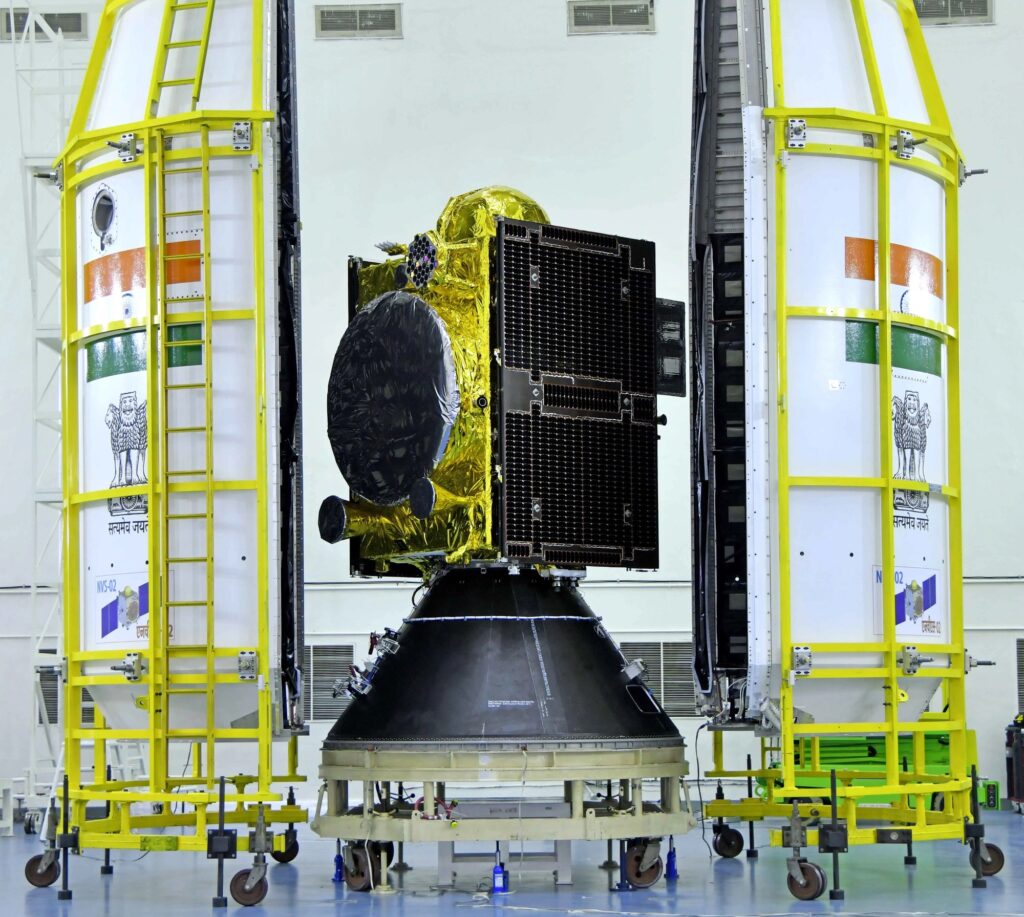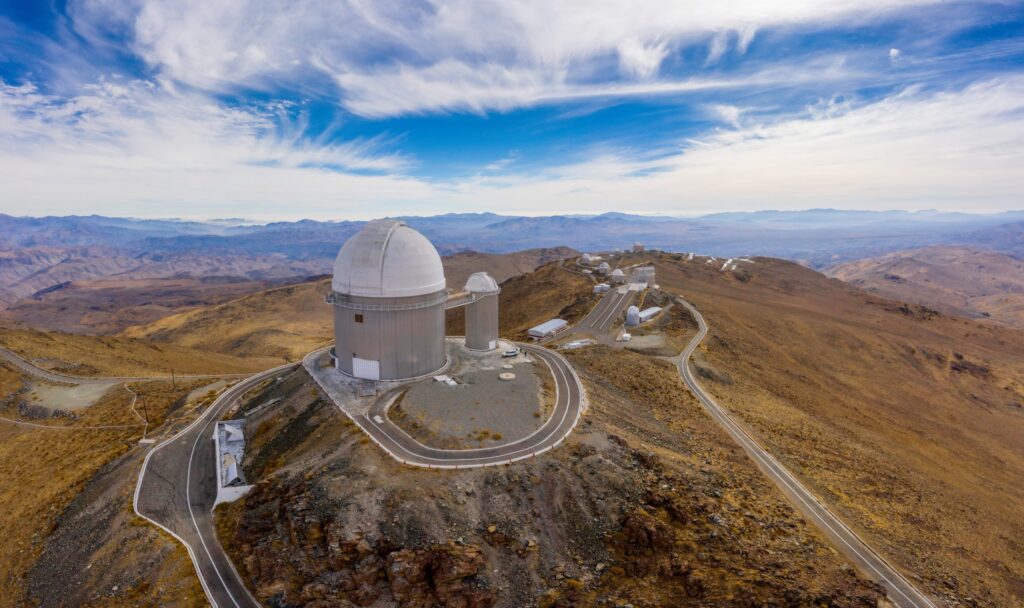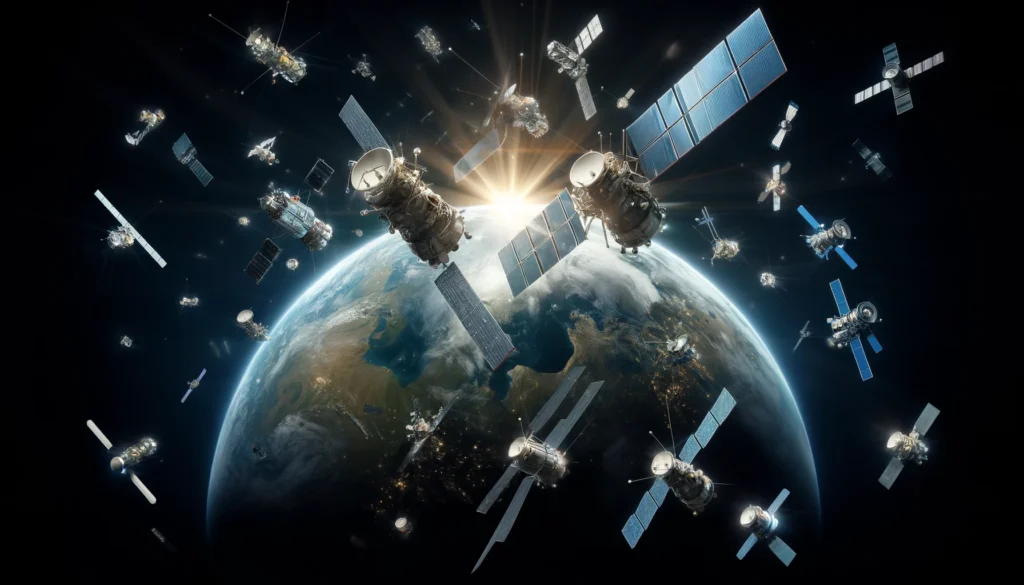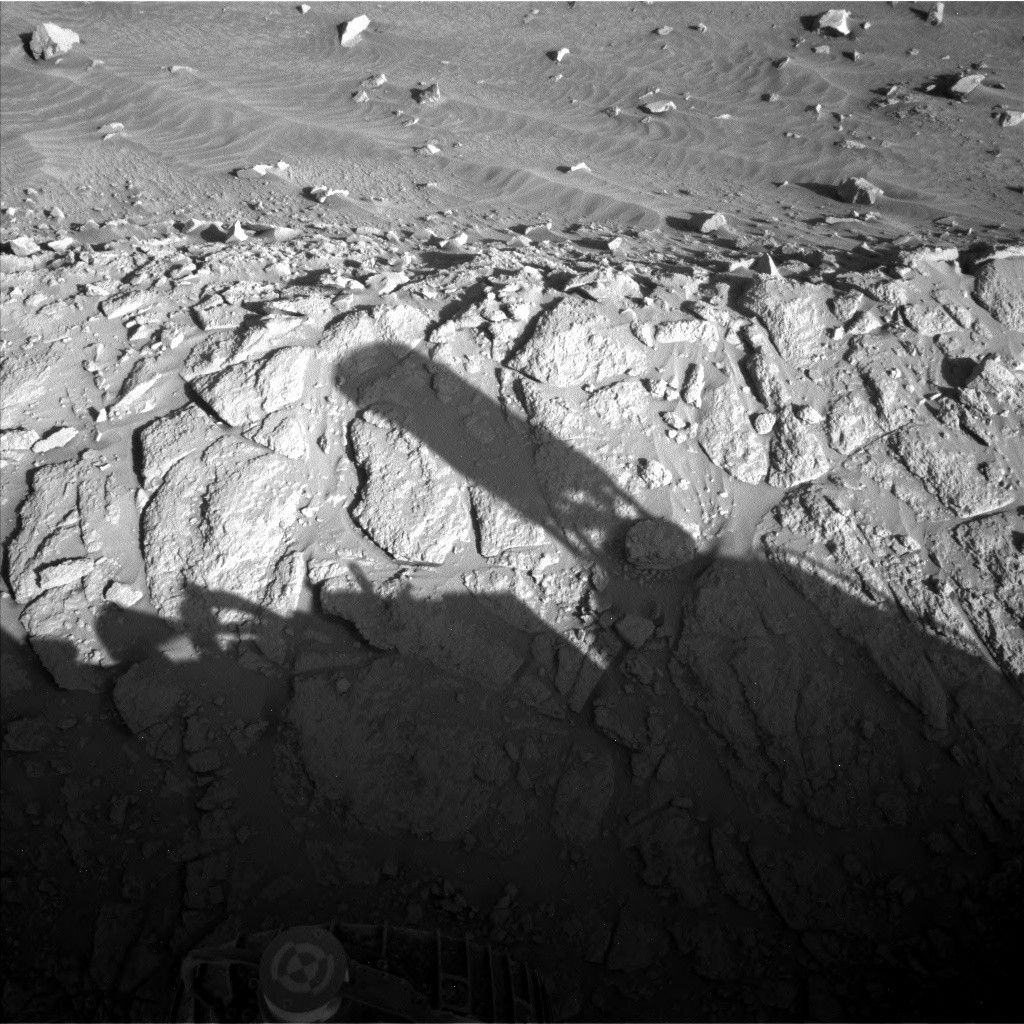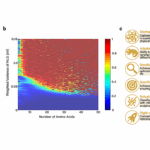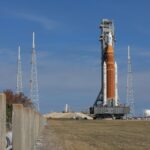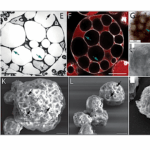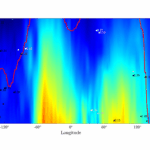Now Reading: Space Force graduates first class of officers trained for ‘great power competition’
-
01
Space Force graduates first class of officers trained for ‘great power competition’
Space Force graduates first class of officers trained for ‘great power competition’
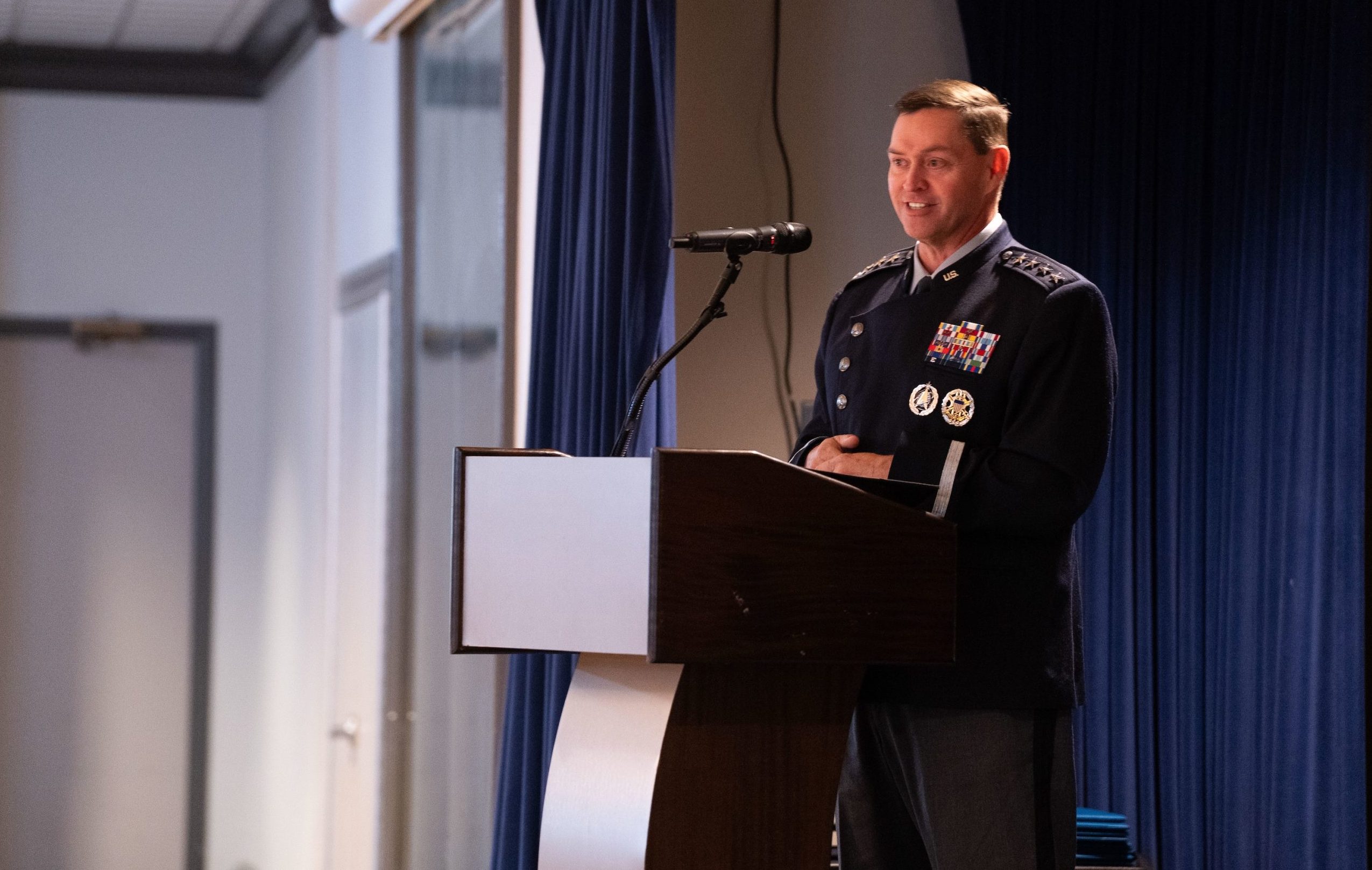

WASHINGTON — More than 80 U.S. Space Force officers last week became the first to graduate from the service’s new year-long officer training course, a program that immerses new leaders in space operations, cyber warfare and intelligence — skills now seen as essential as China and Russia develop sophisticated capabilities to challenge American dominance in space.
“This is a brand-new approach for us,” Chief of Space Operations Gen. Chance Saltzman said during a graduation ceremony Aug. 28 at Peterson Space Force Base, Colorado. “It’s an important pivot from the old days. The approach is based on the notion that to lead in the service, in the service of the contested space domain, officers must fundamentally understand space, cyber and intelligence operations,” Saltzman said, according to prepared remarks.
The program represents a shift for the Space Force, which was established in 2019 as the sixth branch of the U.S. military. Under Saltzman, the service is working to transition from its origins as part of the U.S. Air Force — focused primarily on operating satellites in what was once considered a peaceful domain — to a force prepared for combat against sophisticated adversaries.
‘Great power competition’
The new officer training course is designed to prepare leaders for “great power competition” — a Pentagon term that refers to the U.S. rivalry with China and Russia for military, economic and technological primacy. In space, that contest plays out less through traditional battles and more through shadowy efforts to undermine the satellites and networks that underpin modern warfare and civilian life.
China has demonstrated anti-satellite capabilities, while Russia has deployed what U.S. officials describe as threatening spacecraft that can maneuver close to American satellites.
In the new program, instead of training officers in narrow technical fields, the program immerses them in space operations, intelligence analysis, cyber warfare and acquisitions — the interconnected disciplines essential for modern space warfare.
U.S. military and intelligence agencies depend heavily on space-based assets for everything from communications to missile warning systems. The vulnerability of these systems has become a central concern for defense planners, who must prepare for scenarios where adversaries attempt to “blind” American forces by disrupting their space-based advantages.
The first class, designated OTC 24-1, included graduates from the Air Force Academy and Reserve Officers’ Training Corps (ROTC) programs. The curriculum cycled participants through immersive experiences in satellite operations, intelligence, cyber missions and acquisitions fundamentals, reflecting the Space Force’s push for broad, integrated skillsets.
This approach stems partly from practical necessity. With fewer than 5,000 officers — a fraction of the size of other military branches — the Space Force requires officers capable of leading across multiple areas and adapting as mission requirements evolve.
“Officers are the Space Force’s commanders, leaders, planners, and strategists,” Saltzman told graduates. “I need you to be the big-picture, multi-disciplinary thinkers. Your job is to lead the units that will out-wit and out-maneuver our thinking adversaries.”
Stay Informed With the Latest & Most Important News
Previous Post
Next Post
-
 01Two Black Holes Observed Circling Each Other for the First Time
01Two Black Holes Observed Circling Each Other for the First Time -
 02From Polymerization-Enabled Folding and Assembly to Chemical Evolution: Key Processes for Emergence of Functional Polymers in the Origin of Life
02From Polymerization-Enabled Folding and Assembly to Chemical Evolution: Key Processes for Emergence of Functional Polymers in the Origin of Life -
 03Astronomy 101: From the Sun and Moon to Wormholes and Warp Drive, Key Theories, Discoveries, and Facts about the Universe (The Adams 101 Series)
03Astronomy 101: From the Sun and Moon to Wormholes and Warp Drive, Key Theories, Discoveries, and Facts about the Universe (The Adams 101 Series) -
 04True Anomaly hires former York Space executive as chief operating officer
04True Anomaly hires former York Space executive as chief operating officer -
 05Φsat-2 begins science phase for AI Earth images
05Φsat-2 begins science phase for AI Earth images -
 06Hurricane forecasters are losing 3 key satellites ahead of peak storm season − a meteorologist explains why it matters
06Hurricane forecasters are losing 3 key satellites ahead of peak storm season − a meteorologist explains why it matters -
 07Binary star systems are complex astronomical objects − a new AI approach could pin down their properties quickly
07Binary star systems are complex astronomical objects − a new AI approach could pin down their properties quickly












